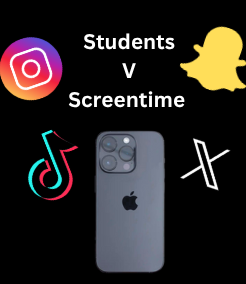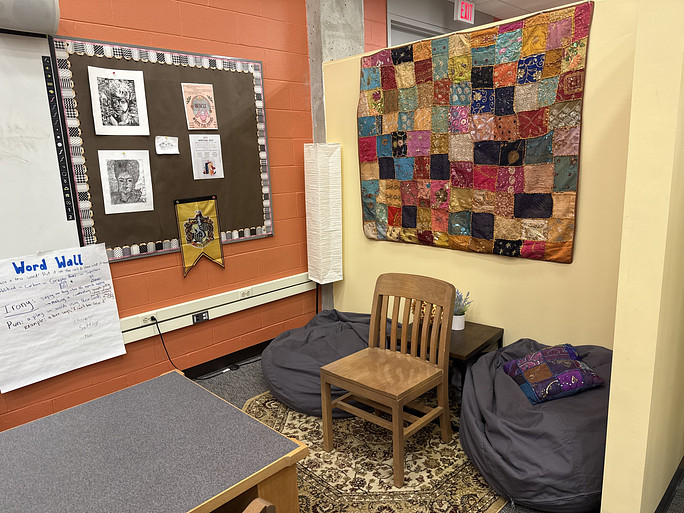
By VICKI NGAN
Smart phones—iPhones, Blackberries, LGs, Samsungs—have increasingly become a dominant part of our lives. However, their benefits do not overshadow their detriments. Along with many others the cell phone varieties, they are causing many changes to today’s society.
Not texting while one is driving should just be common sense. However, many people in this country still text while they drive, causing frequent car accidents. Texting friends, family, and acquaintances, cell phones have been a growing factor in the possibility of an accident. According to a study by the Governors Highway Safety Association in 2011, smart phones are tied to 25% of United States car crashes. Posing as a distraction, people who should be keeping their eyes on the road have their eyes glued to messages instead.
And do we really have a sense of the real world anymore? Glittery and gleaming, at the whim of an enter button, anyone, with the help of a smartphone, can remake his life. From posting pictures of cupcakes they baked for their children to prom dresses to social events, people are able to highlight and portray the best moments, or sides, of their lives.
At the same time as some may use social networking for their personal lives though, there are those who use it to raise awareness and spread information on news breaking topics. In China, for example, WeChat and Weibo are two social networks that people have used to raise social and political concerns to the public–both of which can be accessed easily by smartphones and used to spread valuable, yet perhaps, censored information. Smartphones, in essence then, can be socially useful–in the hands of those who have a distinct and defined purpose in using them, for reasons that exceed their own benefits.
With more and more people, especially teenagers, in the US acquiring phones that allow them to connect with others in multiple of ways, the idea of “networking” has changed dramatically. Cell phones are meant to be communicating devices and have long served their purpose as people have called each other more frequently in the past. However, the addition of texting, a more convenient way of communicating, has left “calling” to become less frequent. At least with calling, people can listen to the emotions of the other person and recognize their personalities as they continue to talk, but they cannot express themselves with their own facial expressions, their voice, or even their true personality when they text. When a person receives a text, whether it is from a stranger or from a person that he or she knows, he or she will perceive and input the voice in the message in their own way, which can be drastically different than they really are in reality. As social creatures, it is important for one to know how to get along with each other not just through a screen, but in real life. By being on their phones all day rather than having face to face conversations, people, especially teenagers in this age, are demonstrating that they would prefer to face a screen than a real life person.
You know you see it too—groups of friends meeting up for lunch or dinner, each one respectively staring at their phones, and not a word between them passes except for the occasional chin up to dribble food through her mouth. For many, it is easier to talk behind a curtain than talking to the eyes of the person in front of them, and thus they can easily say things they wouldn’t face to face.
For teens and young children who are suppose to inherit the world from their parents, they are progressively more reliant on technology such as cell phones, to help them get through life. They are distracted by the many contents they have access to through their smartphones, and many are forgetting to actually use this piece of advanced technology to gain knowledge to improve our standard living conditions. In the lives of teenagers and children in the US who have effortless access to the internet, and with the addition of it in their smartphones, they are holding a portable entrance to unlimited information.
However, as one predicts, they are not using this valuable tool for homework, for future good, but rather short-term entertainment to boredom, loneliness, and awkwardness. Hanging out with friends, there is always one in the bunch that always looks at her phone all the time. When going to parties, there are always those who are out in the sidelines, appearing to be busy with their phones. Instead of mingling and getting to know people through real life conversations, many teenagers are getting closer to people through their smartphones, losing the conventional way of face-to-face, deep conversations.




